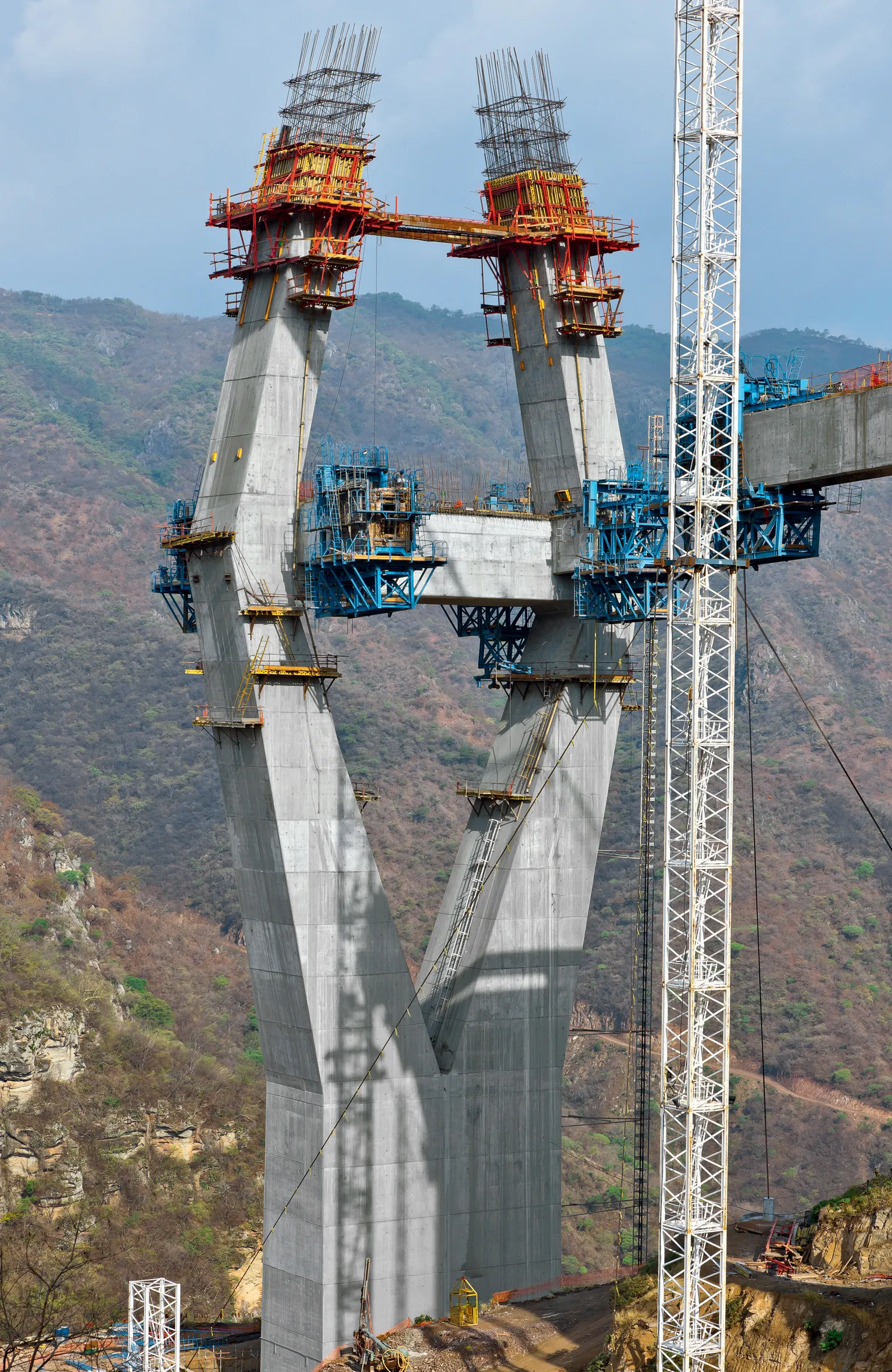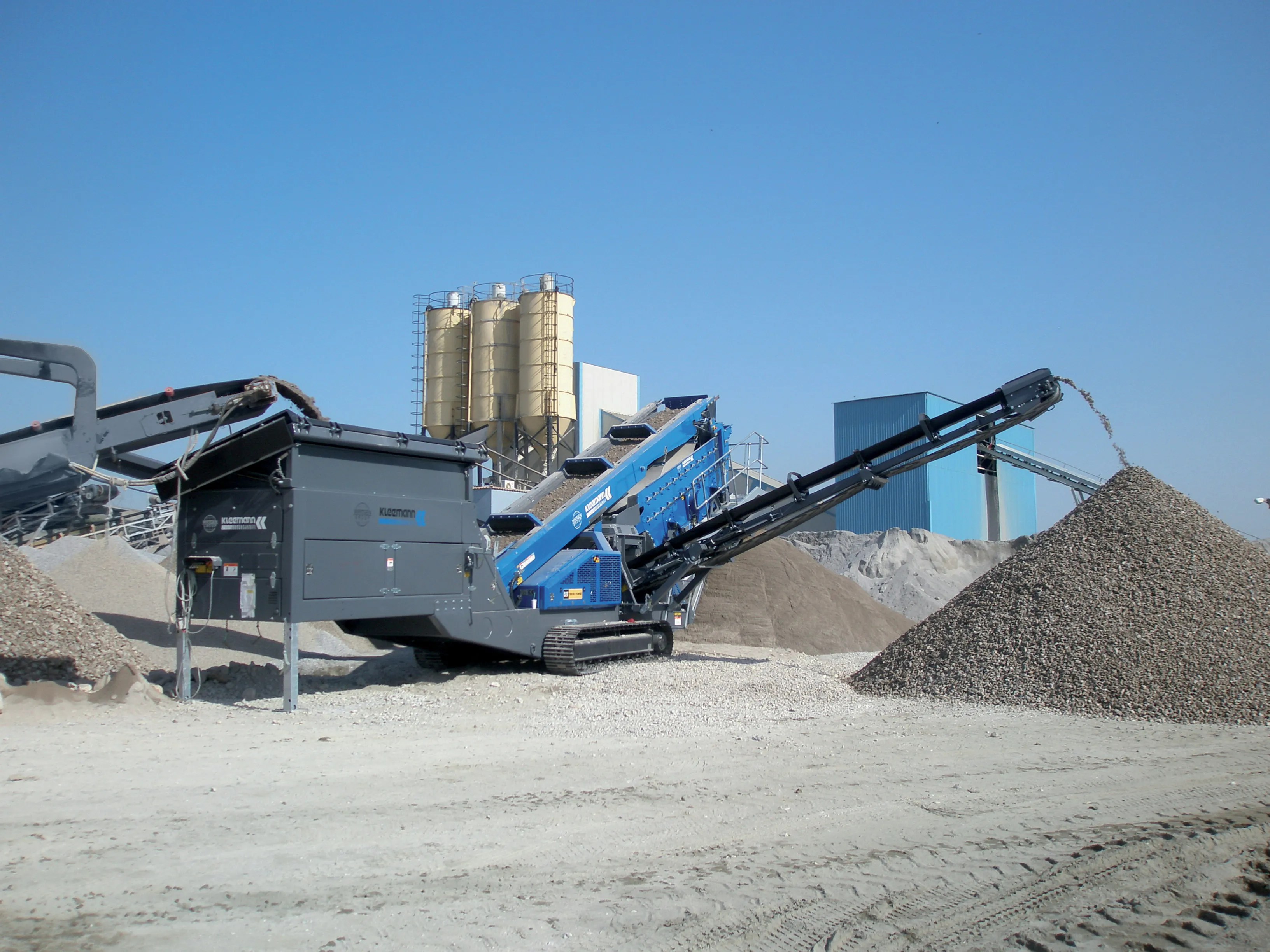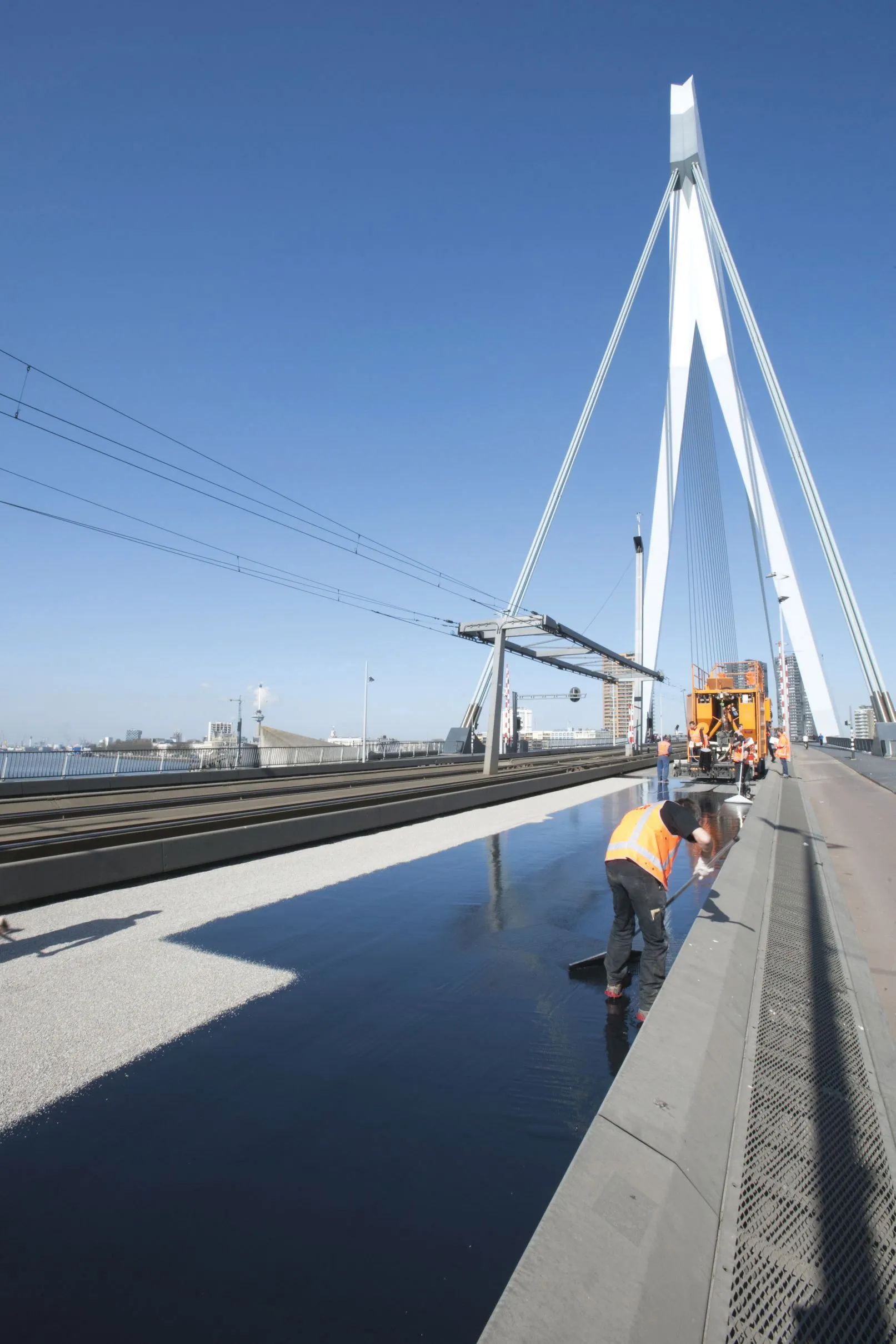The Baluarte Bridge (Puente Baluarte), part of a major highway project, ranks among the most outstanding infrastructure projects ever constructed in Mexico.
February 14, 2012
Read time: 3 mins

The Baluarte Bridge (Puente Baluarte), part of a major highway project, ranks among the most outstanding infrastructure projects ever constructed in Mexico.
The 1,124m long cable-stayed bridge will span a 390m deep ravine when completed in 2012, and its dimensions make it the world's third highest bridge. With a main span of 520m, nine piers and two pylons support the 20m wide superstructure, being built in a mountainous region on the border between the states of Durango and Sinaloa in north-west Mexico. It is part of a new highway that will form the single fast connection between the Pacific coast and the interior, making driving safer than on the existing parallel single track, and halving the journey time between the towns of Durango und Mazatlán.
The ravine on the Baluarte River is the most challenging hurdle along the route, which also features several reinforced concrete beam bridges (eight over 90m high) and 63 tunnels.
298 PERI planned and supplied a cost-effective formwork and scaffolding concept for construction of the different bridge piers. The 917 ACS self-climbing formwork used for the pylons allows crane-independent climbing in all weather conditions, which accelerates progress.
At 169m, P5 is the highest pylon and the top of its opposite P6 ends 13m below this. The largest cross section at the foot of the pylon is 18m x 8.56m. In the carriageway centre it widens to about 31.3m, and the piers then taper upwards and are 8m x 4.1m at the top. The pylon legs are not only inclined but also feature different cross sections along the complete height.
For the construction of this complex geometry, PERI developed a self-climbing solution on the basis of its ACS system. The ACS V (variable) was used for the forward and reverse-inclined external walls. The platforms of this climbing scaffold can be continuously adjusted to match the angle of inclination, which means that horizontal working levels are always available.
The variable VARIO GT 24 girder wall formwork is being used on the climbing scaffold. The PERI concept permits the construction site team to quickly adapt the formwork to suit the requirements of each concreting section and thus accurately construct the pylons. At the same time, the proven PERI Fin-Ply formlining guarantees high quality surface finishes with which around 50 to 70 uses are possible.
Construction of the pylons is carried out using a total of 46 or 49 concreting sections with variable concreting heights of between 3.28m and 3.9m.
The foreland piers have been designed as double piers, and vary (according to the shape of the terrain) in height up to a maximum of 145m. They were also constructed using VARIO GT 24 girder wall formwork.
A majority of the surfaces could be formed with standard panel formwork while for the tight inner areas PERI planned project-specific elements. These were accurately adapted and pre-mounted to match geometrical and static requirements as well as being delivered on a just-in-time basis to the construction site.
The assembly of the 5.1m high elements with only four SRZ waler lines allows the required concreting speed of 2m/hour, and on the pier exteriors, CB 240 climbing brackets support the VARIO elements.
Cross members with a height of 4m connect the supports of the double piers, and TRIO panel formwork forms the side formwork, while MULTIFLEX slab formwork serves to shape the underside of the members. High load-bearing GT 24 formwork girders are used as the main and cross beams.
A PERI UP Rosett scaffold construction carries the member formwork during construction.
The 1,124m long cable-stayed bridge will span a 390m deep ravine when completed in 2012, and its dimensions make it the world's third highest bridge. With a main span of 520m, nine piers and two pylons support the 20m wide superstructure, being built in a mountainous region on the border between the states of Durango and Sinaloa in north-west Mexico. It is part of a new highway that will form the single fast connection between the Pacific coast and the interior, making driving safer than on the existing parallel single track, and halving the journey time between the towns of Durango und Mazatlán.
The ravine on the Baluarte River is the most challenging hurdle along the route, which also features several reinforced concrete beam bridges (eight over 90m high) and 63 tunnels.
At 169m, P5 is the highest pylon and the top of its opposite P6 ends 13m below this. The largest cross section at the foot of the pylon is 18m x 8.56m. In the carriageway centre it widens to about 31.3m, and the piers then taper upwards and are 8m x 4.1m at the top. The pylon legs are not only inclined but also feature different cross sections along the complete height.
For the construction of this complex geometry, PERI developed a self-climbing solution on the basis of its ACS system. The ACS V (variable) was used for the forward and reverse-inclined external walls. The platforms of this climbing scaffold can be continuously adjusted to match the angle of inclination, which means that horizontal working levels are always available.
The variable VARIO GT 24 girder wall formwork is being used on the climbing scaffold. The PERI concept permits the construction site team to quickly adapt the formwork to suit the requirements of each concreting section and thus accurately construct the pylons. At the same time, the proven PERI Fin-Ply formlining guarantees high quality surface finishes with which around 50 to 70 uses are possible.
Construction of the pylons is carried out using a total of 46 or 49 concreting sections with variable concreting heights of between 3.28m and 3.9m.
The foreland piers have been designed as double piers, and vary (according to the shape of the terrain) in height up to a maximum of 145m. They were also constructed using VARIO GT 24 girder wall formwork.
A majority of the surfaces could be formed with standard panel formwork while for the tight inner areas PERI planned project-specific elements. These were accurately adapted and pre-mounted to match geometrical and static requirements as well as being delivered on a just-in-time basis to the construction site.
The assembly of the 5.1m high elements with only four SRZ waler lines allows the required concreting speed of 2m/hour, and on the pier exteriors, CB 240 climbing brackets support the VARIO elements.
Cross members with a height of 4m connect the supports of the double piers, and TRIO panel formwork forms the side formwork, while MULTIFLEX slab formwork serves to shape the underside of the members. High load-bearing GT 24 formwork girders are used as the main and cross beams.
A PERI UP Rosett scaffold construction carries the member formwork during construction.








